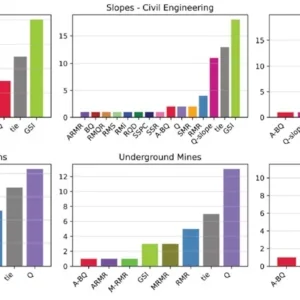So what ADR processes are available? In an international context there are problems with definition of the various processes, but the following represent the main procedures:
n Direct negotiations
n Mediation
n Med Arb
n The mini trial
n Conciliation
n Expert determination
ADR is not a new concept. In ancient China, mediation was the primary method of settling disagreements as it was considered essential to achieve a compromise which avoided winners and losers. This is the same approach in modern ADR, ensuring that a party has more to gain from a negotiated settlement than a decision in a coercive process.
The two fundamental principles of ADR are consensus and confidentiality. To be effective, ADR requires the agreement of all parties to the dispute. If ADR arises from the requirements of the contract, or is a step that is mandatory before a coercive process, or is required by the court, it will not be effective unless the parties want it to succeed. In this regard, the sanction of costs for the behaviour of the parties may be sufficient.
Even if the process fails, it often gives the parties an opportunity to reflect on the strengths and weaknesses of their respective cases and may offer an improved chance of subsequent settlement. In any event, the costs of an unsuccessful attempt at ADR are not necessarily wasted, since the preparation will inevitably be useful in refining the issues.
ADR is often carried out against the background of potential or actual coercive process. If it is to succeed, some measure of trust needs to be created to allow the parties to present and discuss matters without the possibility that the information so disclosed will be used in the coercive process. Trust is created either by confidentiality agreement or the knowledge that the information is privileged.
One useful benefit of ADR is that it allows further business relations to be considered in any settlement. In many cases, the trust developed in the ADR process allows continuity of business relations and settlement to be achieved.






